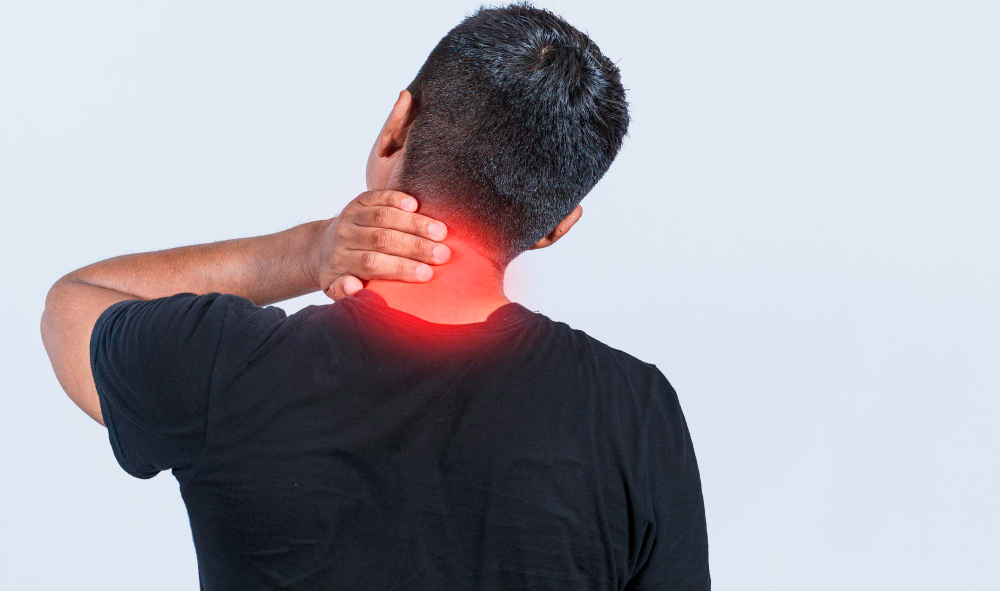What is Neck Pain?
Neck pain is a common problem that affects many people. It means you feel discomfort or soreness in your neck area. Often, neck pain can make it hard to move your head or do daily tasks. Because we use our necks for almost every movement, even mild pain can disrupt our lives. For some, neck pain lasts only a few days. However, others may have chronic neck pain that lasts for weeks or longer. According to the World Health Organization, neck pain is one of the leading causes of disability worldwide.
Common Symptoms of Neck Pain
Neck pain can show up in different ways. Sometimes, it is mild. Other times, it can be severe. Here are some common symptoms:
Sometimes, neck pain can also cause weakness in your arms. If you notice these symptoms, it is important to pay attention and seek help if needed.
Causes of Neck Pain
Many things can cause neck pain. Some causes are simple, while others are more serious. Here are some common reasons:
In rare cases, infections or other medical conditions can also cause neck pain. But for most people, the cause is not serious and can be managed at home.
How Neck Pain is Diagnosed
If your neck pain does not go away, a doctor can help find the cause. First, the doctor will ask about your symptoms and medical history. Next, they may check your neck movement and look for signs of nerve problems. Sometimes, tests are needed. These may include:
With these steps, doctors can find the reason for your neck pain and suggest the best treatment.
Treatment Options for Neck Pain
Treatment depends on the cause and how bad the pain is. For most people, neck pain gets better with simple care. Here are some common treatment options:
For chronic neck pain relief, regular exercise and good posture can help a lot. Always follow your doctor’s advice for the best results.
Lifestyle Tips and Prevention
Even though neck pain is common, you can take steps to prevent it. Here are some helpful tips:
By following these tips, you can lower your risk of neck pain and enjoy a healthier life.
When to See a Doctor
Most neck pain is not serious and gets better on its own. However, you should see a doctor if:
These signs could mean a more serious problem. Early treatment can help prevent complications.
Conclusion
Neck pain can affect your daily life, but most cases are not serious. With the right care and lifestyle changes, you can find relief. If you experience persistent neck pain, consult a healthcare specialist for personalized advice.
